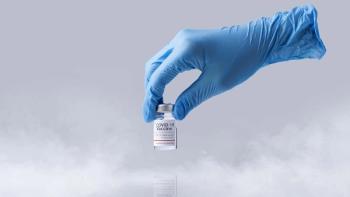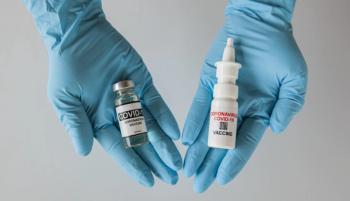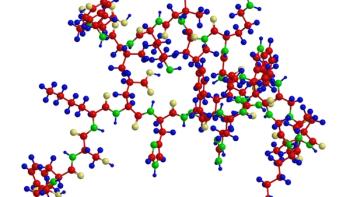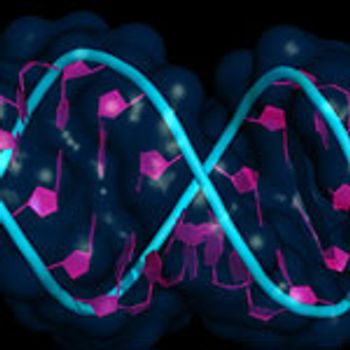
Battles against antibiotic-resistant bacteria can be won with bacteriophages.

Battles against antibiotic-resistant bacteria can be won with bacteriophages.

With high-concentration biologics, careful selection of excipients in formulation is crucial for reducing viscosity without destabilizing the protein.

Careful selection is essential for achieving viscosity reduction without protein destabilization.

New and emerging biotherapeutic molecules drive the need for innovative solutions to meet cold-chain requirements.

Autologous tumor cells engineered for immune system stimulation can target unique metabolic, genomic, and phenotypic characteristics of cancer cells.

Crystec and Biosidus have joined forces to enhance the delivery and performance of biotherapeutics.

EMA's CHMP has approved two new manufacturing sites and a ready-to-use formulation of Comirnaty.

The complexity of newer biotherapeutic molecules calls for alternative drug delivery strategies.

The intranasal route of administration is showing clinical promise, particularly for COVID-19, but there are multiple hurdles to overcome to ensure successful formulation.

Moderna announced a collaboration to develop a new mRNA therapeutic for Crigler-Najjar Syndrome Type 1 at no cost to patients.

Establishing analytical workflows for complex biopharmaceutical molecules can help predict their risk of degradation.

Syngene International appoints two US-based executives to senior level positions.

Advances in technology are accelerating the development and manufacture of subunit vaccines, an established class of vaccines.

Researchers from the Chalmers University of Technology and AstraZeneca have developed a new method of detecting and testing lipid nanoparticles.

Outsourcing method development offers multiple benefits to companies, including access to experience and expertise, streamlined costs, and development time efficiencies.

Vaccine development is inherently challenging; however, in light of the COVID-19 pandemic, innovations have been prioritized, leading to accelerated development processes.

DFE’s new line will offer market purity and low endotoxin excipients for use in formulation, while providing drug developers and manufacturers high-quality excipient technology and services.

This new technology could eliminate the need for cold chain storage, transport, and distribution of temperature-sensitive molecules.

A newly developed polymer, DynaShield, may have the capability to ensure global access for COVID-19 treatment and prevention.

Evonik offers lipid nanoparticles for gene-based drug development and manufacturing.

At the 2020 Bio/Pharma Virtual Congress, experts discuss the importance of characterizing excipients to ensure quality, safety, and effective performance.

The IQ Consortium marks a decade of impactful innovation of collaboration through a network of pharmaceutical companies driving change for the bio/pharmaceutical industry.

Many antibody-drug conjugate therapies are in the pipeline; only a handful have been approved. What are the bottlenecks?

The European Commission has approved Lynparza (olaparib) for use in patients with germline BRCA-mutated (gBRCAm) metastatic pancreatic cancer within the European Union.

RNA is easier to manipulate than DNA but challenging to deliver to the right cells.